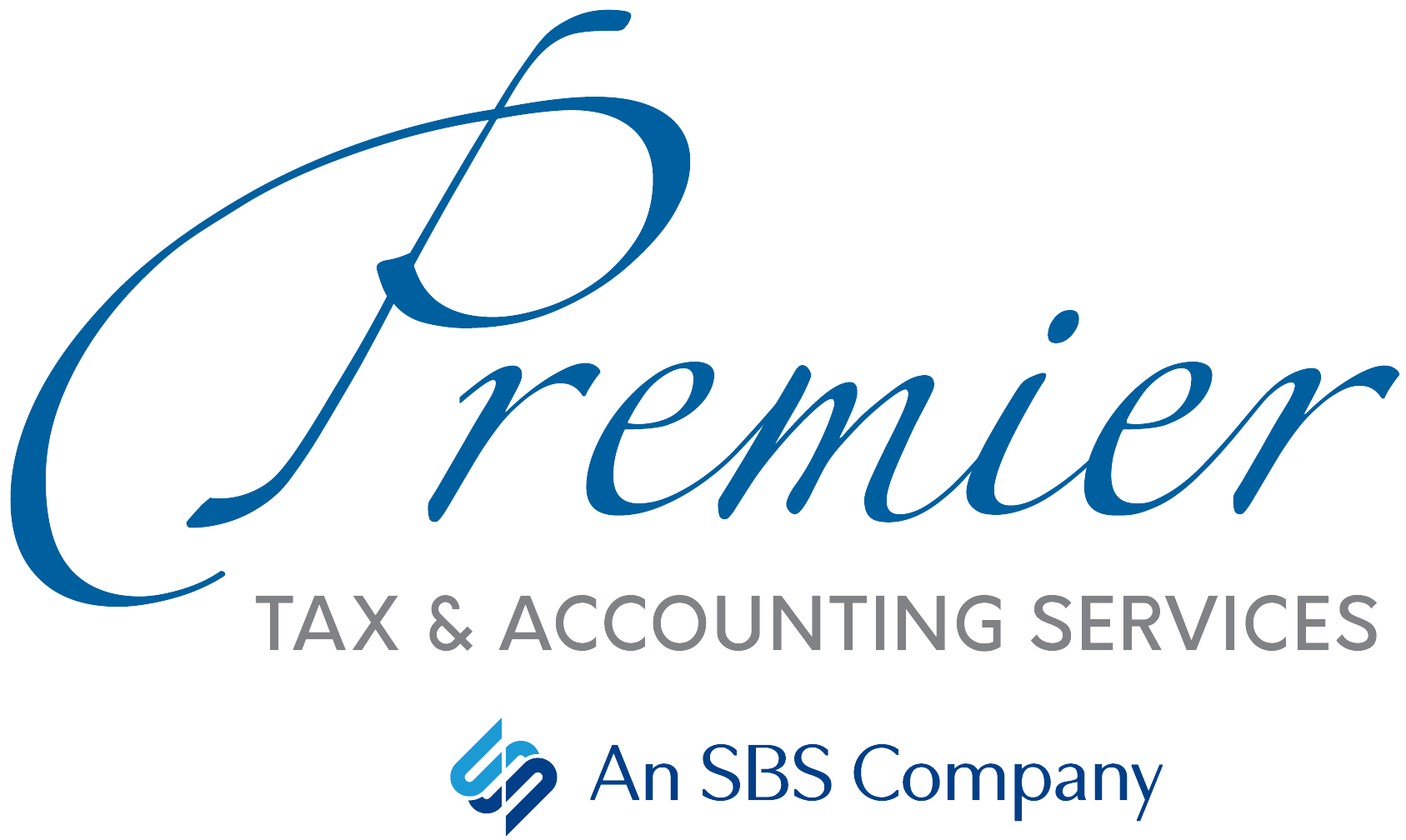Are you a “gig” worker?
The gig economy, or sharing or access economy, is any activity where you earn income providing on-demand work, services or goods. Often, it’s through a digital platform like an app or website. Two of the most popular types are ride-sharing (i.e., Uber and Lyft) and home rentals (i.e., VRBO and AirBnB), but there are others.
If you earn income through any type of gig work, be sure to keep these tips in mind:
- Income from gig work is taxable. This is true whether the work is full-time, part-time or if you are paid in cash.
- While providing gig services, you must be classified correctly. You or the business for which you are working must determine whether you are an employee or independent contractor.
- If you are considered an employee, your employer typically withholds income taxes from your pay.
- If you are an independent contractor, you may be required to make quarterly estimated income tax payments, plus pay your own Social Security, Medicare or Medicaid taxes.
If you have questions about paying taxes related to gig employment, please contact us. Or check out the Gig Economy Tax Center on the IRS website.
Retirement Plan Changes Due to COVID-19
If you have encountered financial hardship because of COVID-19, you may be able to withdraw up to $100,000 from your retirement plan or IRA before December 30, 2020. If you do so and are not yet age 59½, you will NOT have to pay the 10% penalty that generally applies to early distributions.
Do You Qualify?
To qualify, you must:
- Have tested positive and been diagnosed with COVID-19, or
- Have a dependent or spouse who has tested positive and been diagnosed with COVID-19.
You must also experience financial hardship due to you, your spouse or a member of your household:
- Being quarantined, furloughed or laid off, or having reduced work hours.
- Being unable to work due to lack of childcare.
- Closing or reducing hours of a business that you own or operate.
- Having your pay or self-employment income reduced.
- Having a job offer rescinded or start date for a job delayed.
Consider All Your Options
While you may not pay a penalty, keep in mind that any distribution you take is still subject to regular income tax — but you can stretch the reporting on your tax returns over a three-year period. Note, however, that you must also repay the distribution to your retirement plan or IRA within three years. So it’s important to consider all your options before choosing to withdraw your retirement funds early.
Give us a call if you’d like some guidance on the best way to proceed for your situation.
MONEY BRIEF #1
Beginning this tax year, there is a new Form 1099-NEC: Nonemployee Compensation for business taxpayers who pay or receive nonemployee compensation. Payers must complete this form to report any payment of $600 or more in 2020 to one payee. The due date for filing the form is February 1, 2021. Note that nonemployee compensation may be subject to backup withholding if a payee has not provided a taxpayer identification number to the payer or the TIN provided was incorrect. Backup withholding can apply to most kinds of payments reported on Forms 1099 and W-2G, even though the payer doesn’t generally withhold taxes.
MONEY BRIEF #2
The SBA’s Economic Injury Disaster Loan (EIDL) Advance program, which provided grants to small businesses, closed after exhausting the $20 billion in emergency funding provided by Congress. The EIDL Advance program provided businesses with $1,000 per employee, up to a maximum of $10,000. Recipients did not have to be approved for a loan to receive Advance program funds. The funds went to nearly 6 million small businesses, including nonprofits, sole proprietors and independent contractors.
The SBA will continue to accept applications for EIDL program loans, which offer a 3.75% interest rate for small businesses and 2.75% rate for nonprofits. Businesses can apply for EIDL loans on the SBA disaster assistance page.
Note that if you receive a Paycheck Protection Program loan AND an EIDL loan, you must deduct the EIDL funding from the amount eligible for PPP loan forgiveness.



